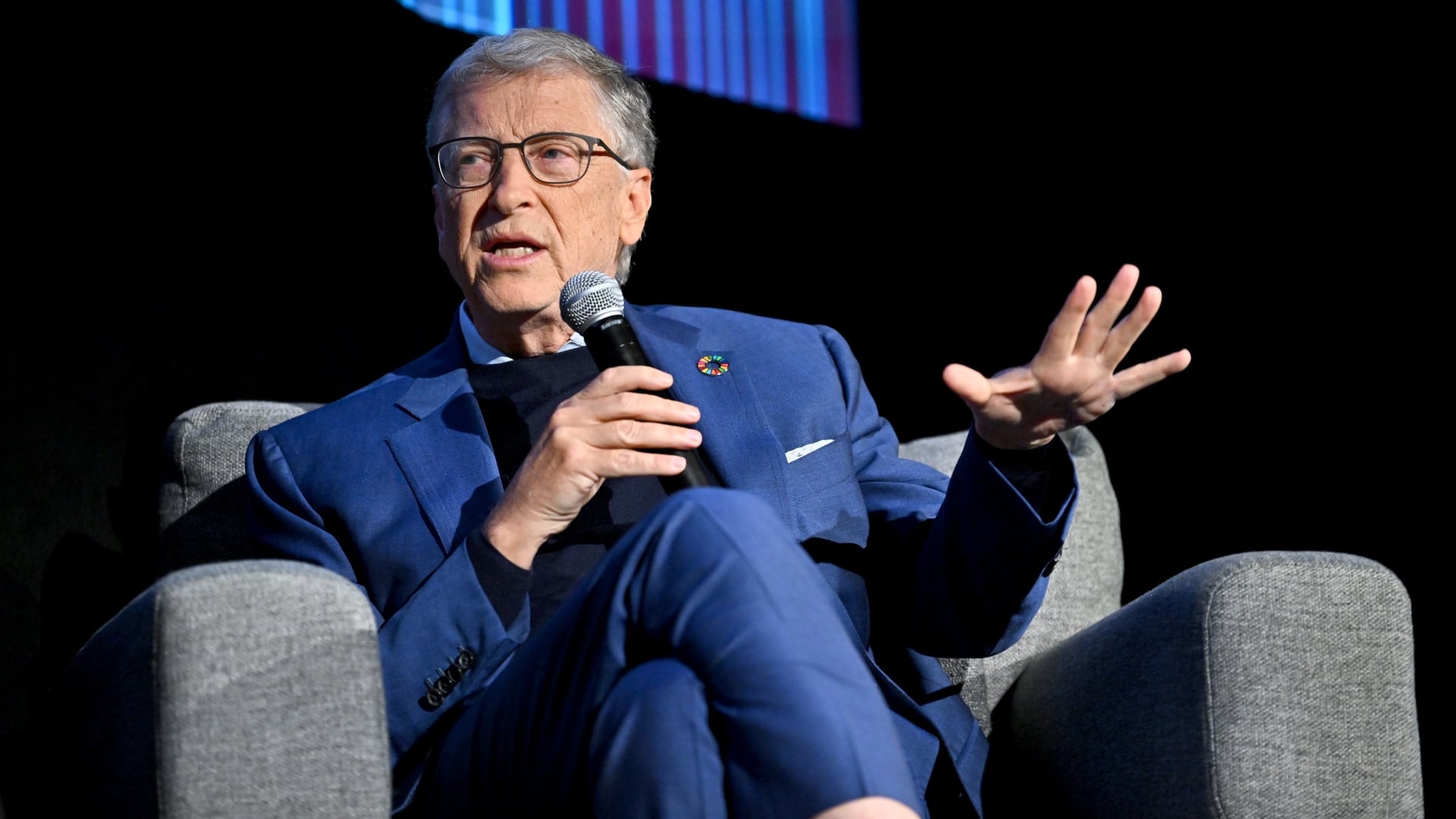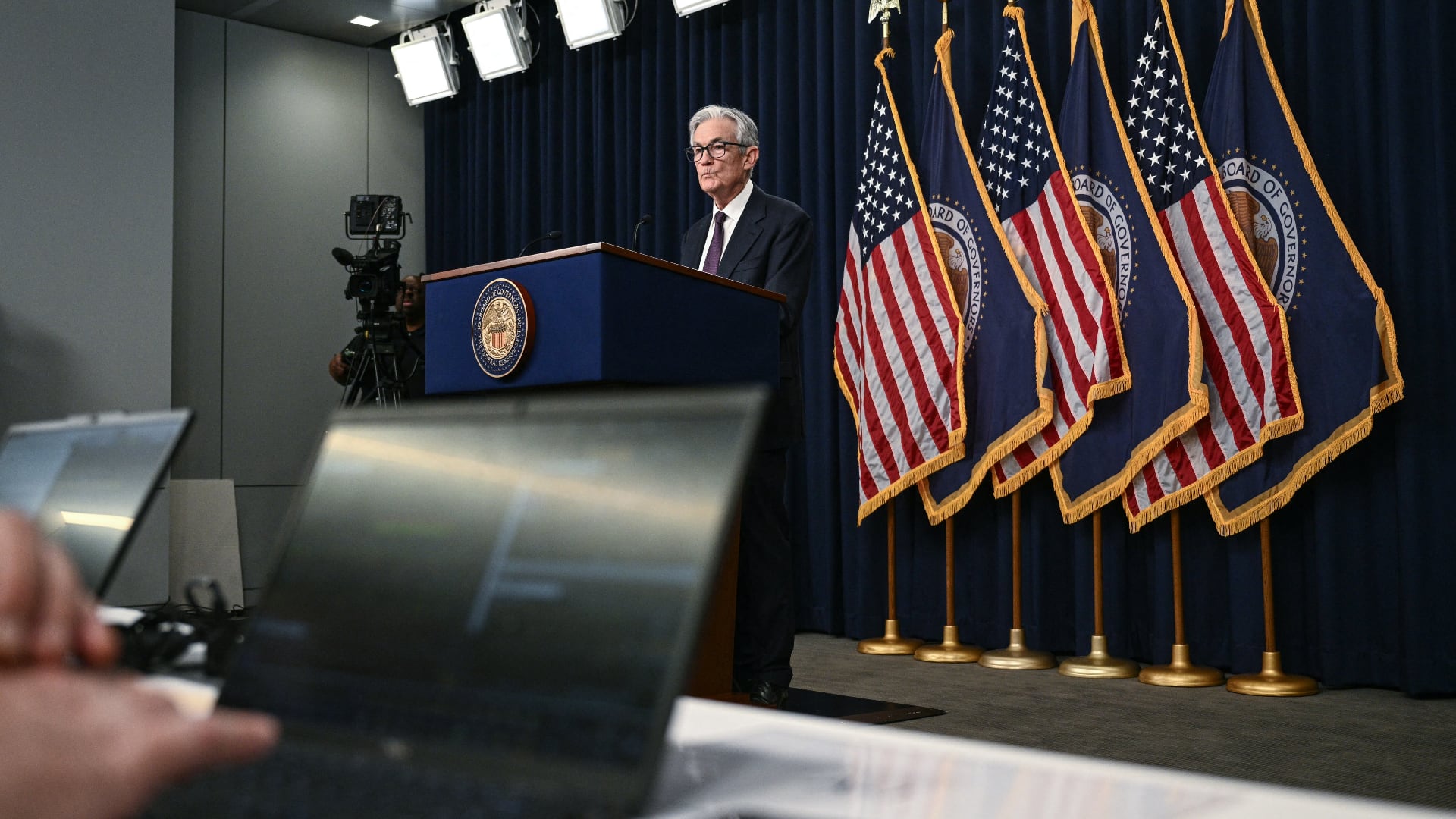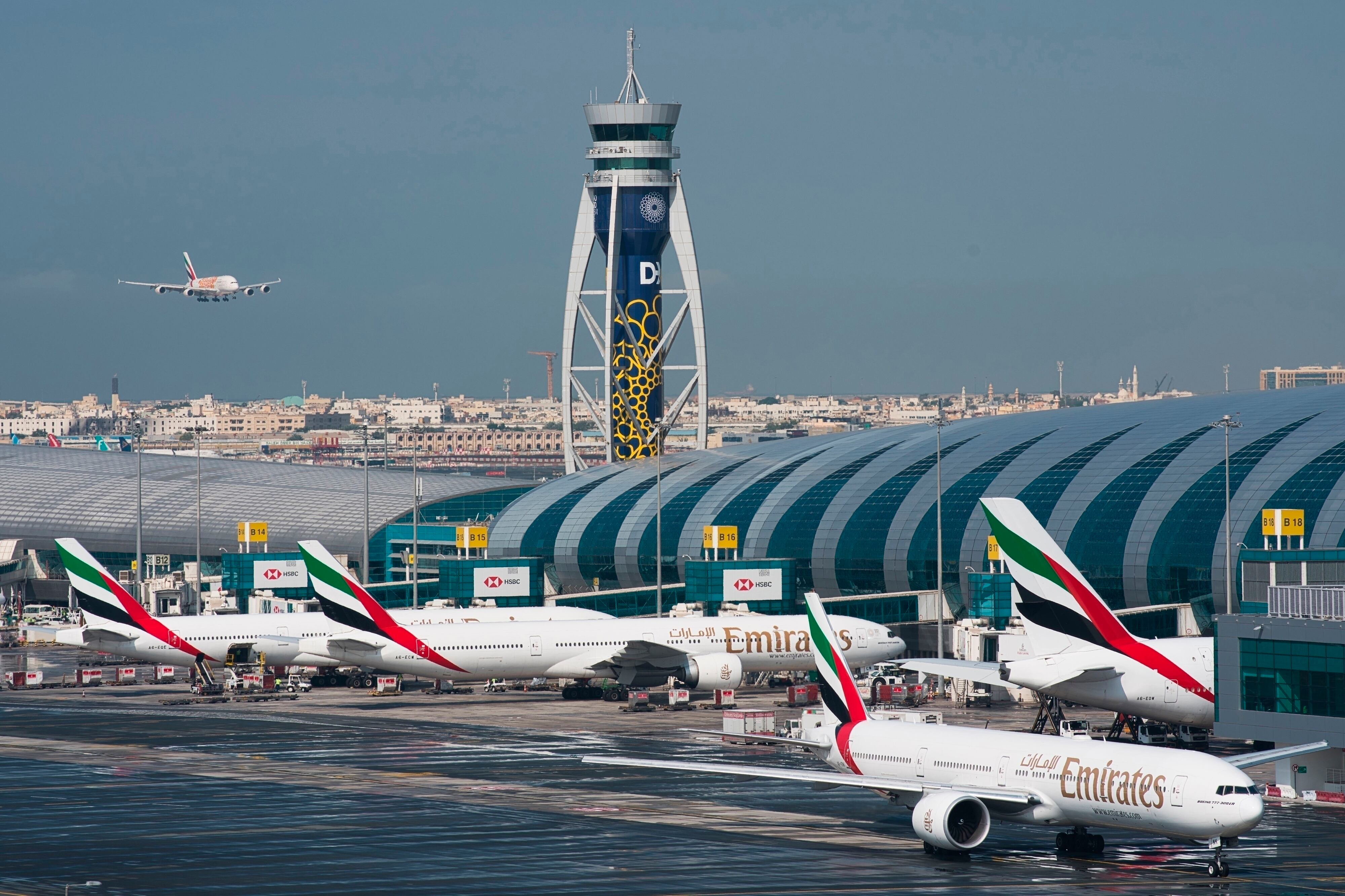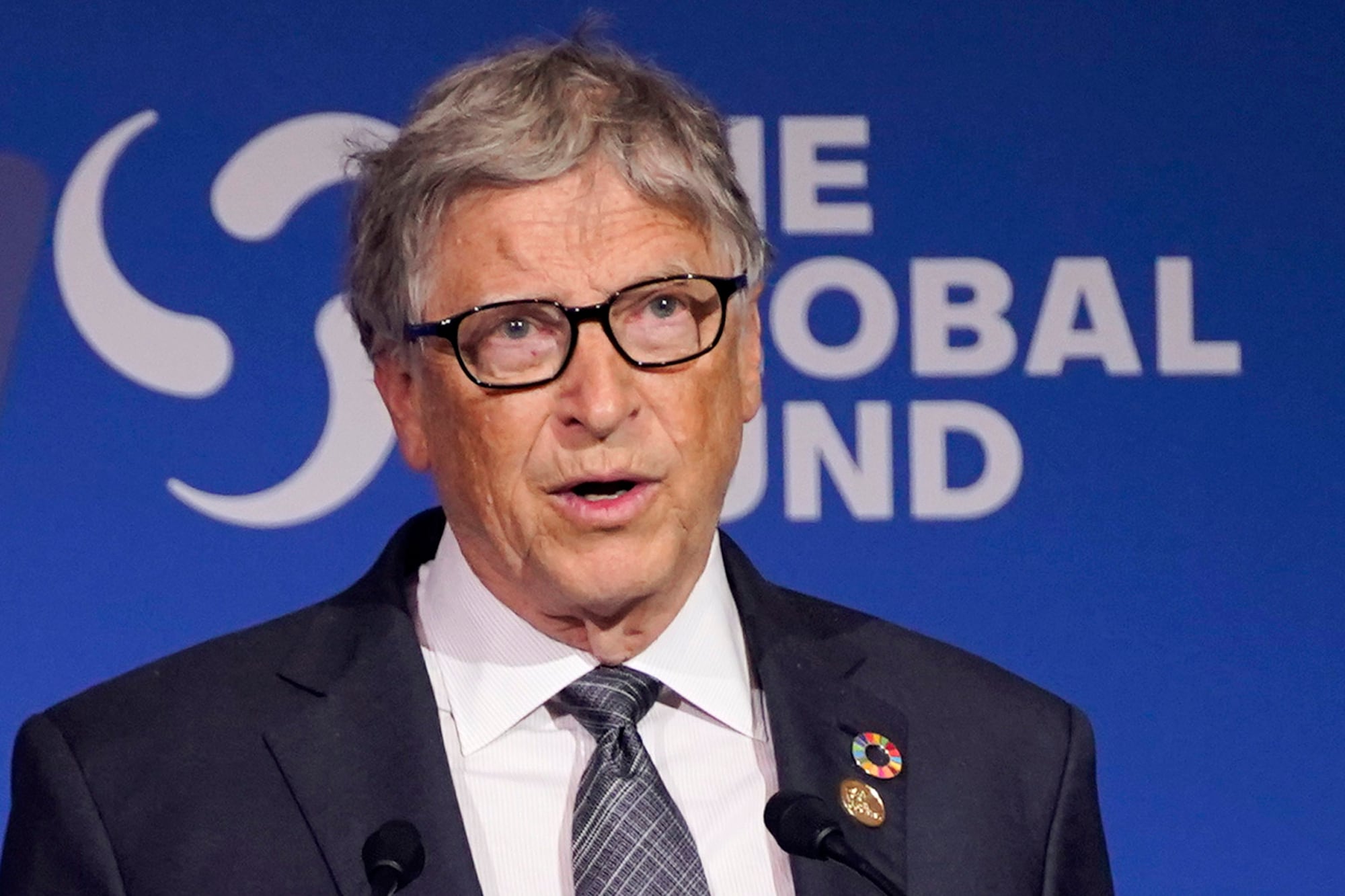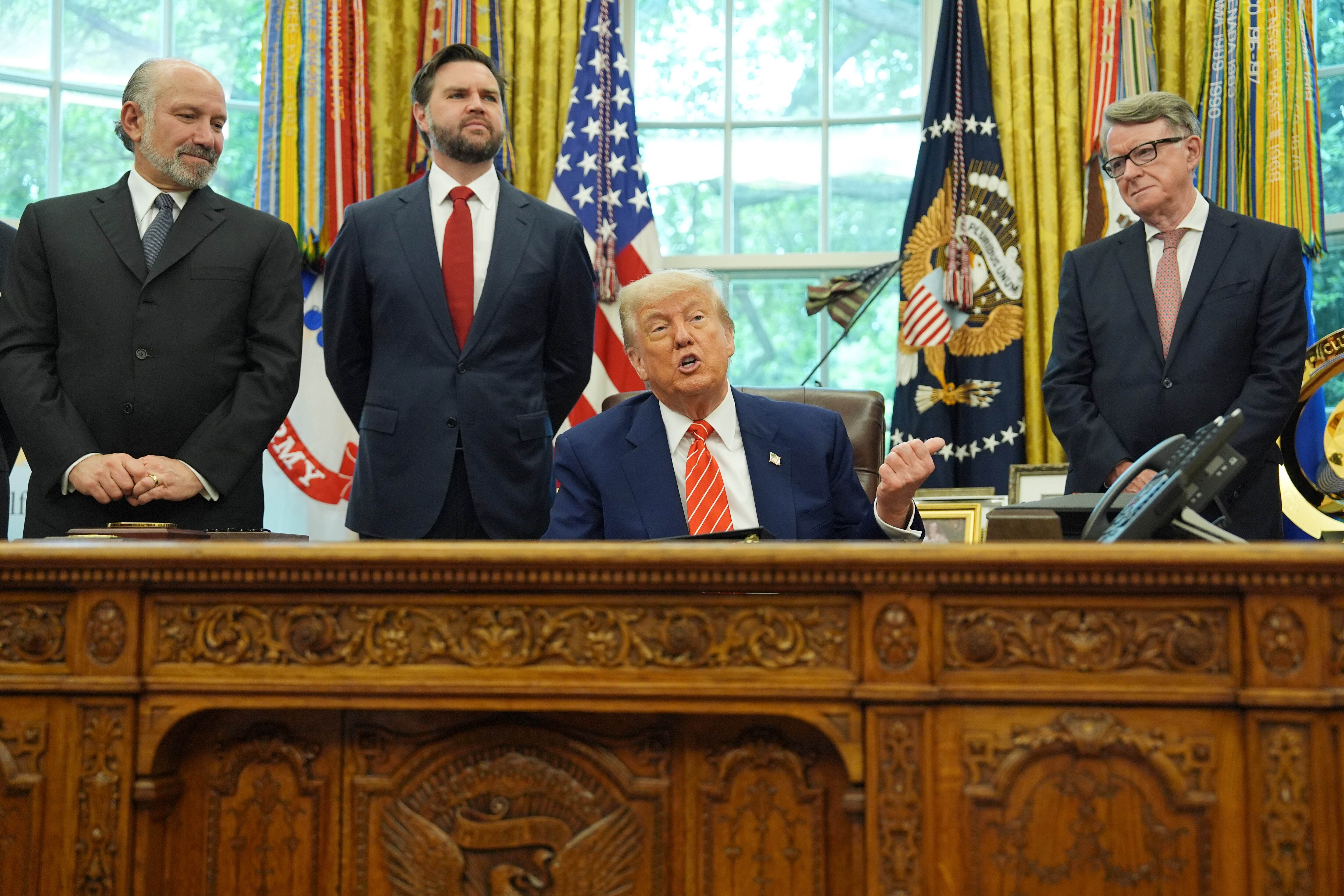The country’s largest airline is dramatically slashing the number of flights it offers from three of the country’s busiest airports as coronavirus, or COVID-19, continues to slow commercial air travel to a trickle.
American Airlines late Monday said that it will begin offering only 13 daily flights from John F. Kennedy, LaGuardia, and Newark Liberty airports — down from 270 flights at the same point last year. The temporary schedule, effective Tuesday, will run through at least May 6.
“The demand for flights to the New York area is rapidly evaporating,” the airline, the country’s largest by passenger traffic in 2019, said in a statement.
The New York metropolitan region, and New York City in particular, is an epicenter of coronavirus. More than a third of the 10,993 U.S. deaths attributed to COVID-19 have occurred in New York City alone, as of Tuesday morning, according to data compiled by Johns Hopkins University & Medicine.
A tweet from American Airlines spokesman described just how much demand has declined:
Other U.S. airlines have made similarly dramatic cuts. United Airlines, for example, this weekend reduced its flights from the New York City region to just 17 a day: 15 from the airline’s hub in Newark and another two from LaGuardia. United had previously 157 daily flights from the two airports (it doesn’t fly from JFK).
Meanwhile, budget carrier Spirit eliminated all its flights into and out of the region’s airports. JetBlue last week announced plans to cut its New York area flights from 200 a day to 40.
Even as passenger travel has sharply dropped in the U.S., the Department of Transportation and the Treasury Department are re-considering whether to require airlines to maintain a minimum level of service to help facilitate the movement of essential workers and goods. Treasury Secretary Steve Mnuchin last week said that airlines may be required to continue flying to be eligible to receive federal support from the roughly $50 billion set aside for airlines in the $2 trillion CARES Act that President Trump signed March 27.
American Airlines, in its statement announcing the flight reductions, appeared to seek to address this in describing the changes.
“We recognize the essential service we provide to New York, and all of the airports American serves, as the world fights the spread of COVID-19. This limited New York service will continue to provide critical connectivity for our customers, including transportation for any essential personnel and goods needed by the community and medical professionals battling the crisis.”




